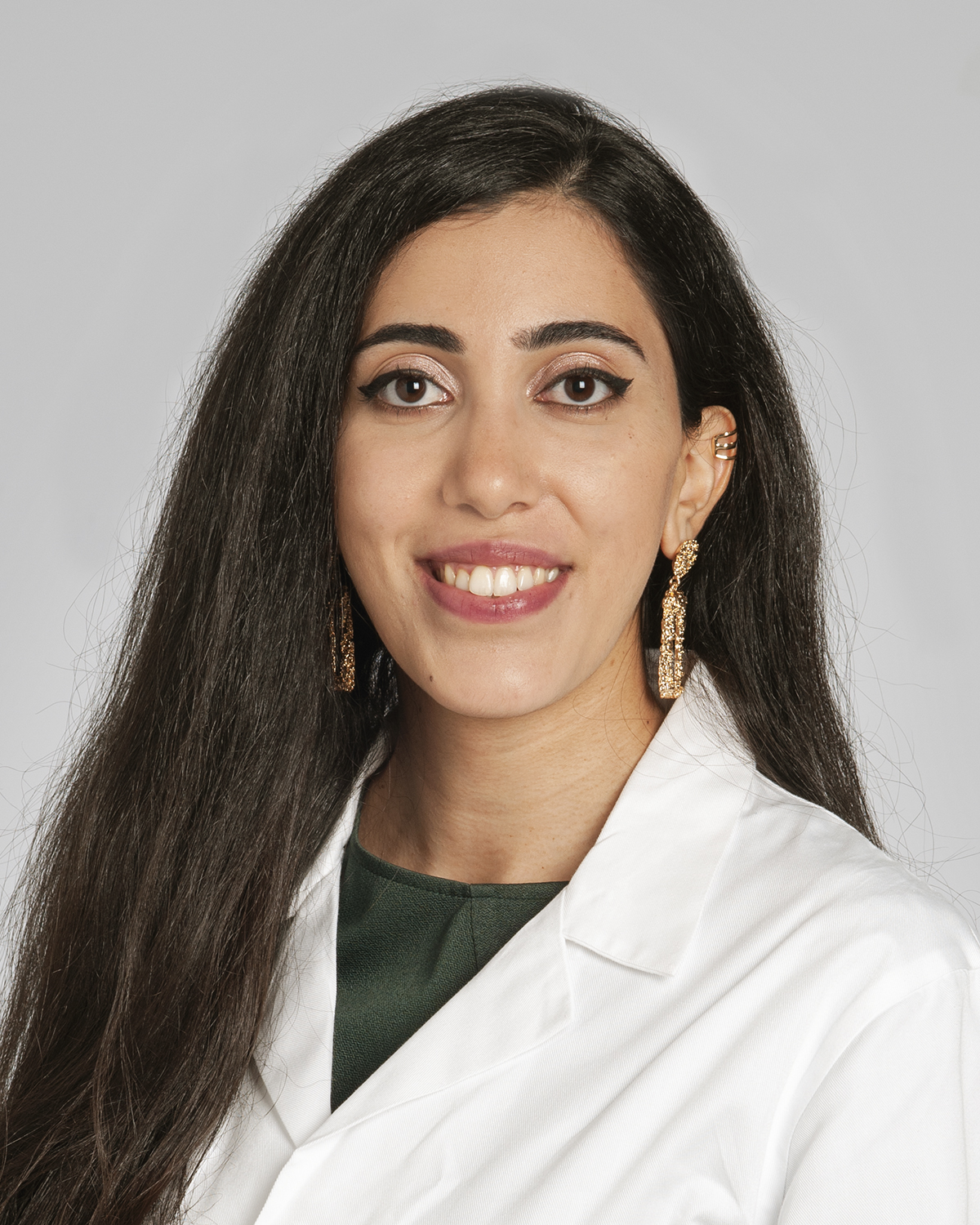Simulation Education Fellowship
This is a
one-year, project-based, longitudinal experience focused on developing excellence in the areas of teaching, assessment, and curriculum development.
This fellowship is designed to enhance the participant’s expertise in the principles of simulation-based education. Fellows will work closely with simulation faculty to develop skills in curriculum development, including design, implementation, and evaluation of simulation-based educational programs. Fellows will also develop expertise in the fundamentals of adult learning theory, including debriefing learners at all levels of training and in varying disciplines.
The
Simulation Education Fellowship Director will provide guidance throughout the academic program and will assist the fellow with creating and implementing a simulation-based project on the topic of his/her choosing.
The Simulation Education Fellowship program is funded as a
10% commitment (0.1 FTE; 4 hrs/week for 52 weeks). Funding for fellows who are employees of Cleveland Clinic is provided by the Education Institute (through inter-institute transfer).
Qualifications
Applicants should be full time CCF employees, hold a nursing or medical degrees equivalent to the RN, NP, CNM, MD or DO degrees awarded in the U.S., or other allied health profession degrees, with a minimum of one year in clinical practice and high motivation to pursue advanced training in simulation-based healthcare education.
Upon completion of the Simulation Education Fellowship the applicant will have developed and implemented a simulation curriculum.
Goals
-
To acquire an understanding of the administrative and operational aspects of leading and managing a simulation center.
-
To become familiar with key processes in educational quality assurance and accreditation requirements for a simulation center.
-
To understand and apply the different types of simulation technology.
-
To understand the theoretical framework of simulation-based medical education and gain proficiency in curriculum design as it relates to simulation in healthcare. The specific goal will be to design and conduct an education event using simulation, including a de-briefing session.
Curriculum
-
Required Sessions
-
“Make Your Teaching Interactive” (Gagne) module - Essentials on Demand series
-
Four other CORE sessions of your choice (see sessions marked “CORE” in the schedule)
-
Consult with your fellowship mentor to select the most appropriate sessions
-
A digital version of the Essentials Participation Certificate will be sent upon completion of the requirements
-
General Topics
-
Simulation center organization and operation
-
Regular attendance at SASC board meetings
-
Scheduled meetings with SASC personnel for orientation to administration, finance, nursing, education, and simulation technicians
-
Quality and accreditation
-
Become familiar with simulation center quality metrics and criteria for ongoing academic accreditation
-
Technology
-
Learn how to use high-fidelity human patient simulators, partial task simulators, computer-based simulation technologies.
-
Education Topics
-
Complete the three-day Simulation and Advanced Skills Center Faculty Development Program
-
Meet all requirements for the Distinguished Educator (DE) Level 1 Certificate program (see 2019-20 DE I Certificate criteria).
-
Essentials Program participants who have attended at least one mini retreat and eight sessions are eligible to participate in the DE Level 1 Program
-
For more information visit: http://portals.ccf.org/education/EI-Centers/Center-for-Educational-Resources/Programs-and-Courses/Essentials-of-Clinical-Classroom-Teaching#1065938269-distinguished-educator-level-i-program
-
Simulation project (from idea to evaluation)
-
Develop a curriculum for a specific simulation education project
-
Lead a simulation program for the project to teach a group of learners
-
Become knowledgeable in the fundamentals of debriefing
-
Presentations
-
Fellows are expected to present at the Education Group meeting in February/March of their fellowship year (midpoint presentation).
-
Fellows are expected to present a summary of their project during Education Institute Grand Rounds in September/October after other fellowship requirements have been met.
-
Fellows are encouraged to attend at least one national simulation conference, such as the International Meeting on Simulation in Healthcare. Travel expenses will be funded by the Education Institute (subject to availably of funds, with priority given to accepted presentations).
Application
Applicants must complete an application that clearly describes the proposed fellowship simulation training project and is endorsed by their department leadership. Projects must address an educational need amenable to using simulation as an educational tool, and must be aimed towards health professional students, residents, fellows, and/or practicing clinicians.
-
Cover letter (including educational achievements and career goals)
-
Current CV
-
Structured, brief Education Project proposal (maximum five pages), including: title, aims/objectives, methods, supporting literature, plan for evaluation of outcomes, and plan to continue simulation educational activities after the fellowship
-
Letter of support from applicant’s department and institute chairs, specifically stating the department’s commitment to the proposed fellowship application and that the appropriate time will be made available to the applicant to accomplish his/her fellowship goals and planned project. Nursing and allied health candidates should have letters of support from their Department manager endorsed by Chief Nursing Officer or Institute Chair.
Materials should be sent to the Director of Education Simulation Fellowship (Dr. Erin Higgins)
HIGGINE@ccf.org
.aspx)
Deb Kangisser
2019
Transitional hybrid simulation training for physician assistants and advanced practice nurses in perioperative medicine

Dr. Hiba Ghandour
2020
Design of a high fidelity cardiac transplantation simulator as part of the development of a multidisciplinary cardiac transplantation curriculum